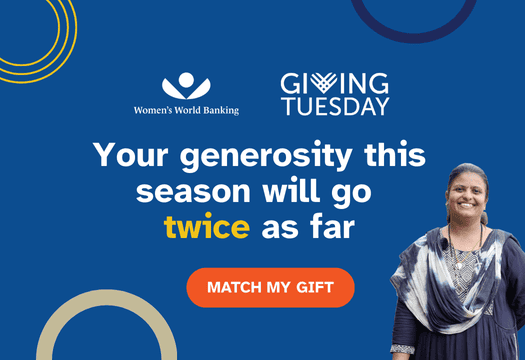By Pallavi T Madhok and Jyotsna Kumari
India’s Digital Public Infrastructure (DPI) has created a powerful base for innovative and inclusive financial services. However, achieving financial inclusion is not only about providing access to digital systems; it also depends on building trust and ensuring that women and underserved populations feel confident in using financial tools effectively. This requires a strong layer of social infrastructure where trained local agents can help households open accounts, understand digital platforms, and resolve concerns, all while offering personalised support.
The One Gram Panchayat, One Business Correspondent (BC) Sakhi Mission reflects this approach by placing trained women from Self-Help Groups at the centre of rural financial access. These women agents are more than service providers; they are catalysts of economic empowerment in their communities. As India pursues ambitious national objectives such as Viksit Bharat and Insurance for All by 2047, BC Sakhis have the potential to transform rural access to finance, provided they have the right support, resources, and incentives to succeed.
In partnership with the UMED–Maharashtra State Rural Livelihood Mission (MSRLM), we examined ways to strengthen this initiative and make it more financially sustainable. We focused on building the long-term business potential of BC Sakhis by equipping them to offer additional financial products and services, helping them strengthen their viability as agents. After recruitment, we invested in structured capacity-building programs designed to enhance their skills and confidence. Toolkits for onboarding, capacity strengthening, and BC Sakhi management that WWB developed from this project are currently being used by UMED across the state.
The program has established a solid foundation, but BC Sakhis continue to face barriers at entry, mobility restrictions, and limited earning opportunities during their first year of work. These challenges can weaken their motivation and long-term engagement. The early months of a BC Sakhi’s journey are crucial for building customer relationships and increasing transactions, and with targeted interventions, their ability to generate income and expand outreach improves significantly over time.
For banks, Corporate Business Correspondents (CBCs), and policymakers, the priority now is to simplify onboarding, provide early financial support, and ensure consistent training and mentorship. Measures such as faster recruitment processes, clear communication on earning opportunities, and easy access to digital tools can help create an enabling environment for BC Sakhis. Equally important is the integration of these women agents into financial literacy initiatives and the use of digital platforms to track performance and provide ongoing guidance.
Strengthening this network of women banking agents is both a financial inclusion strategy and a pathway to building livelihoods. When equipped with resources, skills, and institutional support, BC Sakhis can evolve into trusted financial advisors, extending services to millions of rural households that remain underserved. Reskilling them to effectively cross-sell insurance and generate loan leads will further lead them to unlock higher income levels. Scaling and institutionalising this model will not only deepen digital financial inclusion but also position women as central drivers of rural economic growth.
Read more about how BC Sakhis can become the social infrastructure for finance.




